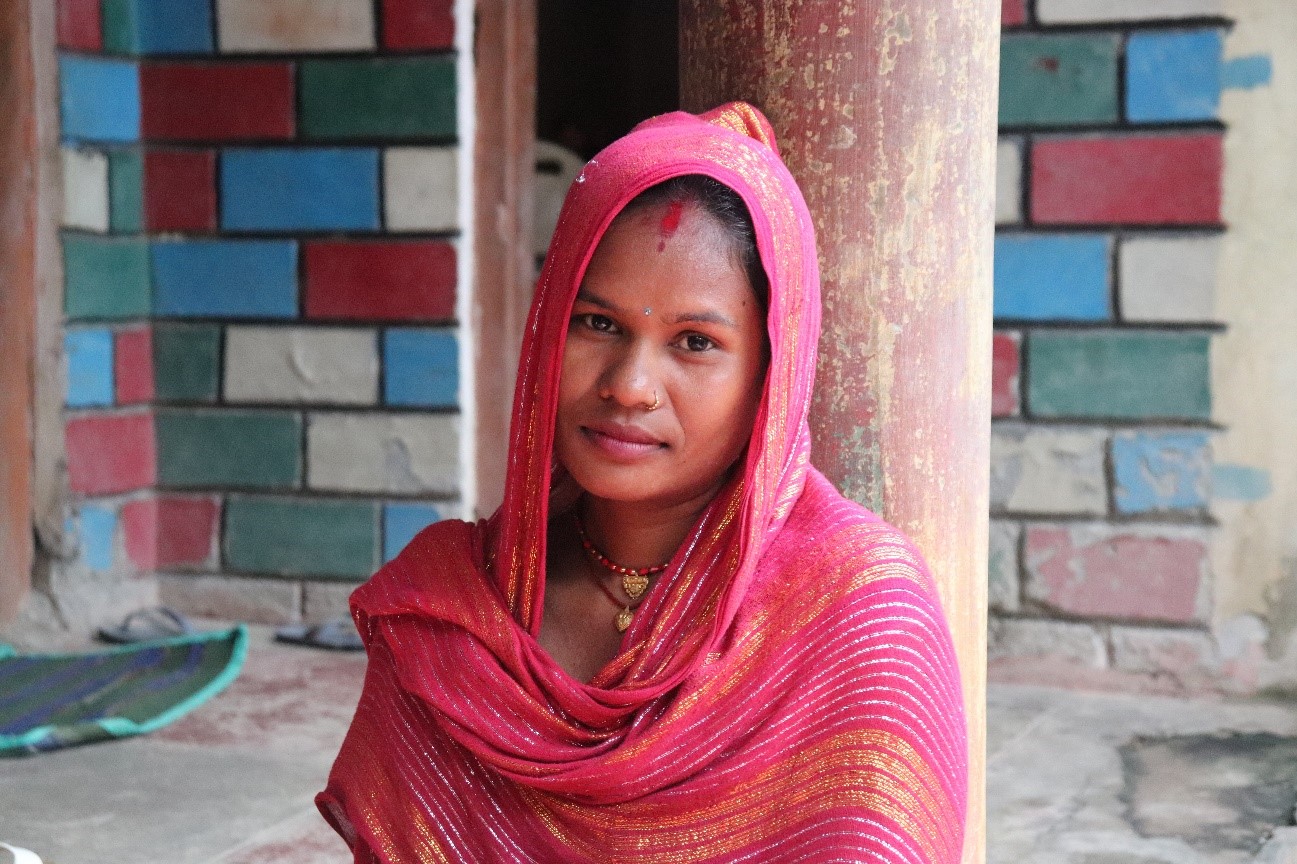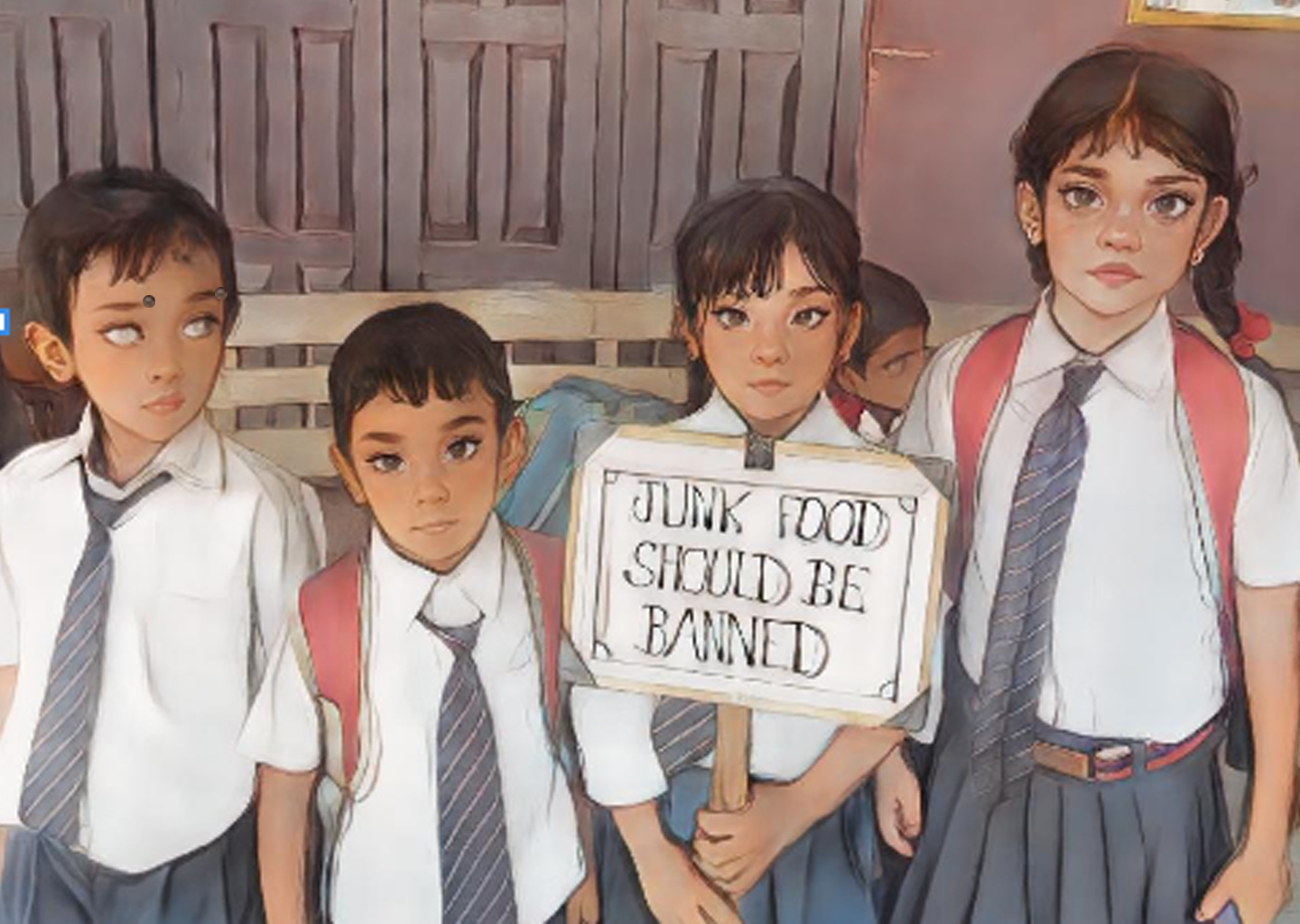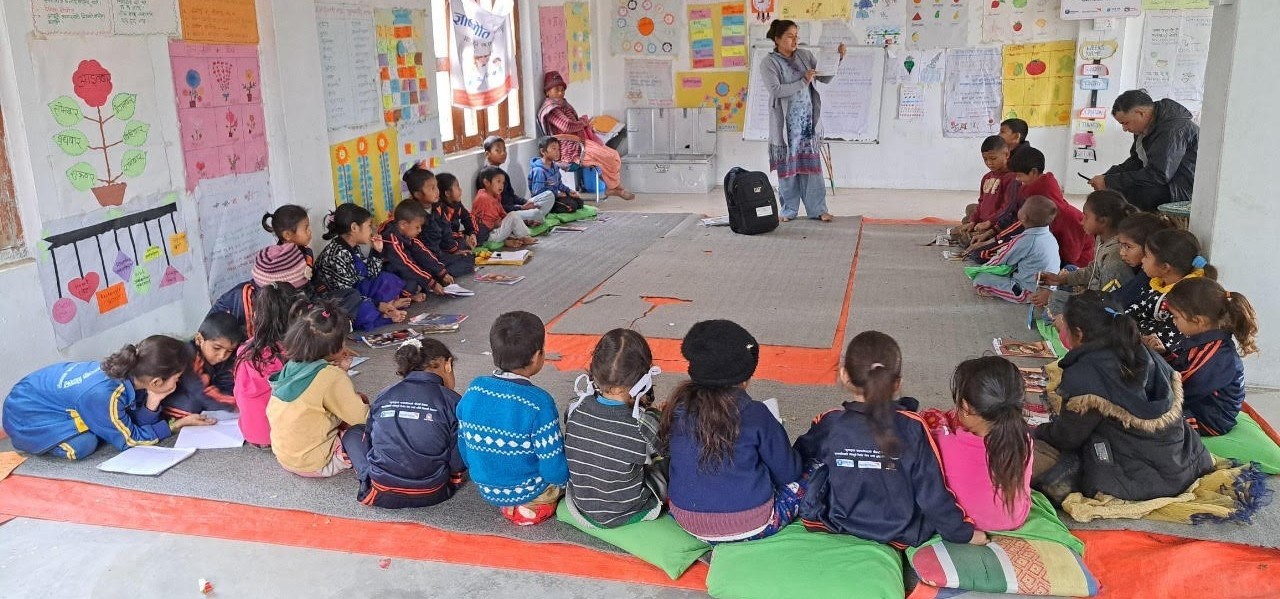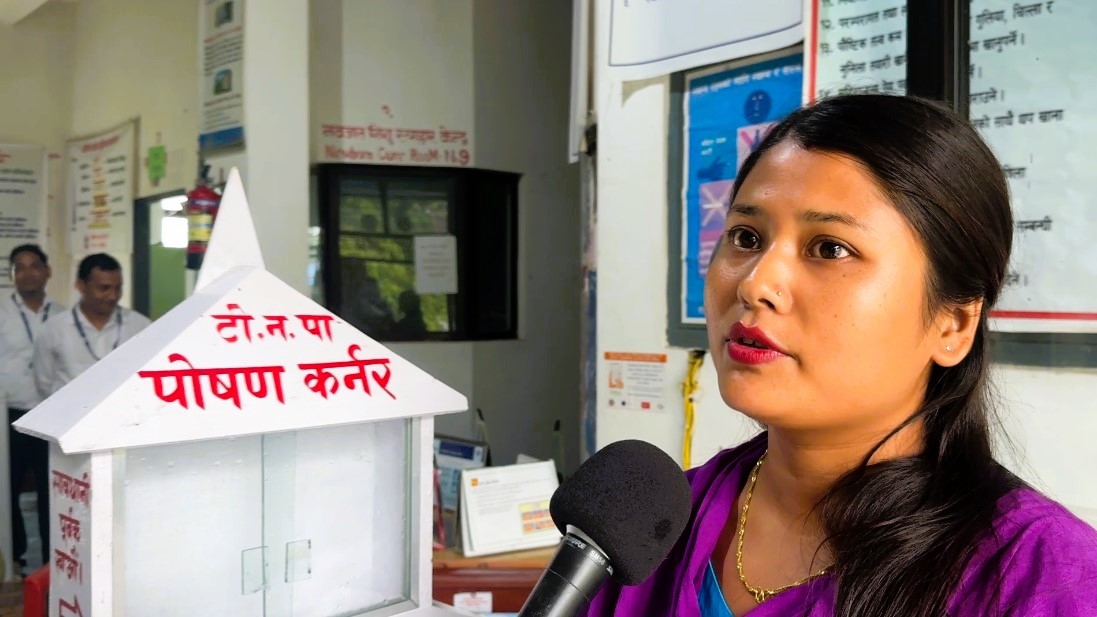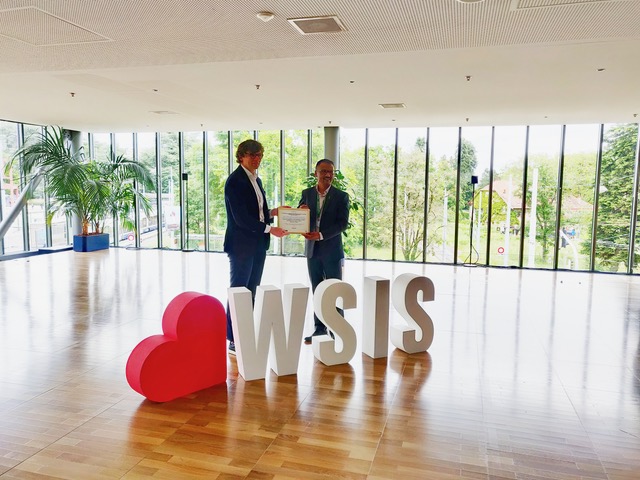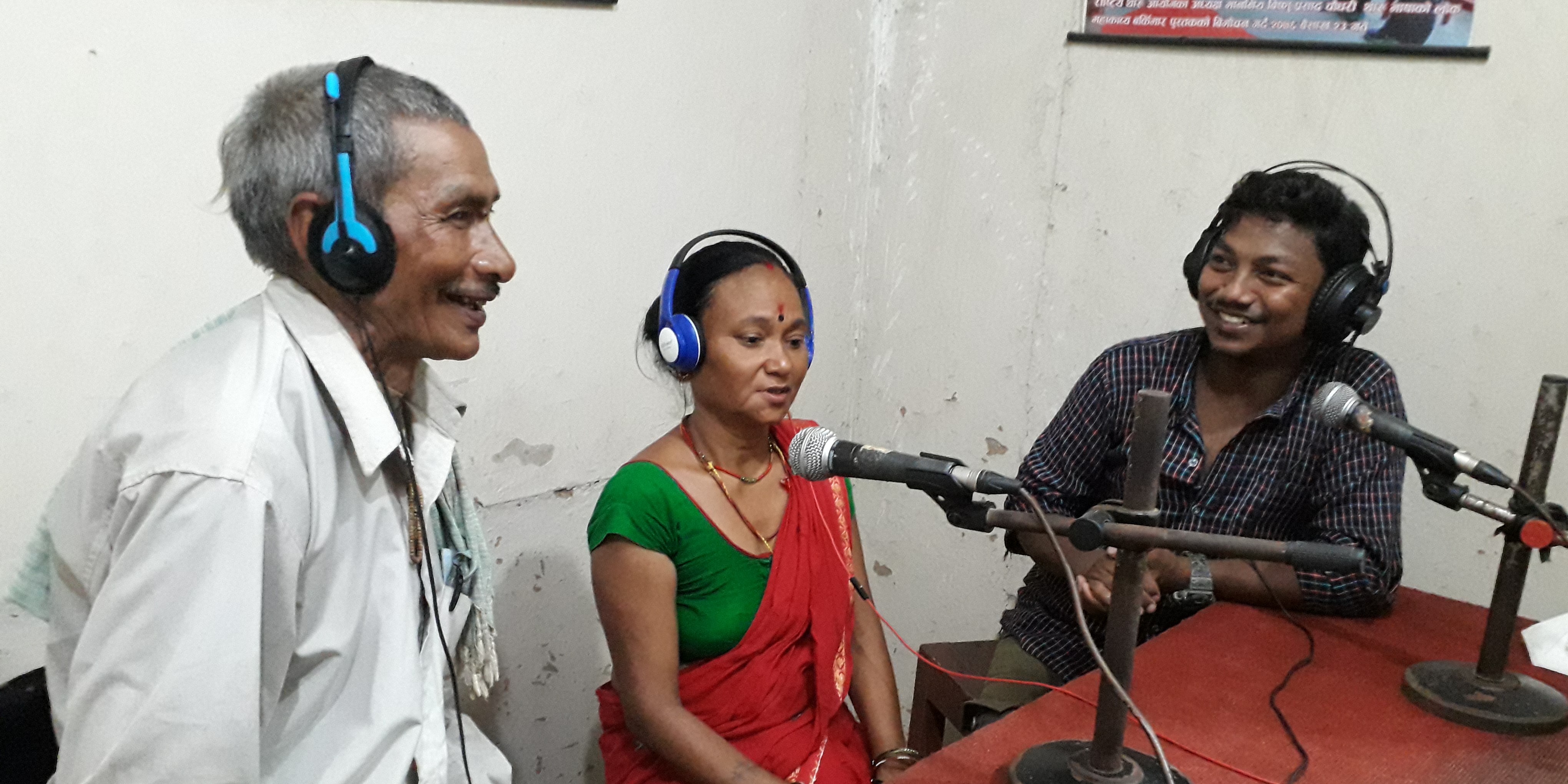After being fed colostrum, my child did not have malnutrition issues
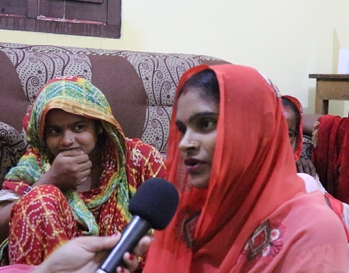
In Bahera Bazaar of Ekdara Municipality, Mahottari, most women from the Madhesi community remain confined within their homes. They rarely have opportunities to engage with the outside world, and their decisions regarding food are often not theirs to make.
Access to education is also limited. Sarita Kumari Sah was married at the age of 15 and studied only up to the 5th grade. Ten years later, at the age of 25, she gave birth to her first child, who was born with a disability. She believes that this was due to a lack of nutritious food during pregnancy, not going to health facilities for check-ups, and not being able to provide colostrum to her newborn, which ultimately led to her child's disability and early death. Following that, she had a second and third child, who also did not receive colostrum, lacked nutritious food during her pregnancies, and did not have health check-ups, resulting in malnutrition issues in those children as well. Sarita mentions that during her pregnancies, she was restricted from eating many nutritious foods like greens, yogurt, and bananas, and at that time, she wasn’t even aware that such foods were beneficial.
However, during her fourth pregnancy, she did not face the same fate. Through a women's group and the radio programme, she learned about the necessary health checks during pregnancy, the importance of nutrition, and the need to feed colostrum to the baby within an hour of birth. She feels that if she had received this information when her first child was born, that child could have been healthy as well. Among her three living children, the youngest is now the healthiest. At 36 years old, she listens to the radio on her mobile phone, having realized that the radio provides informative content. She requests that more such information be shared through the program "Sambad."


